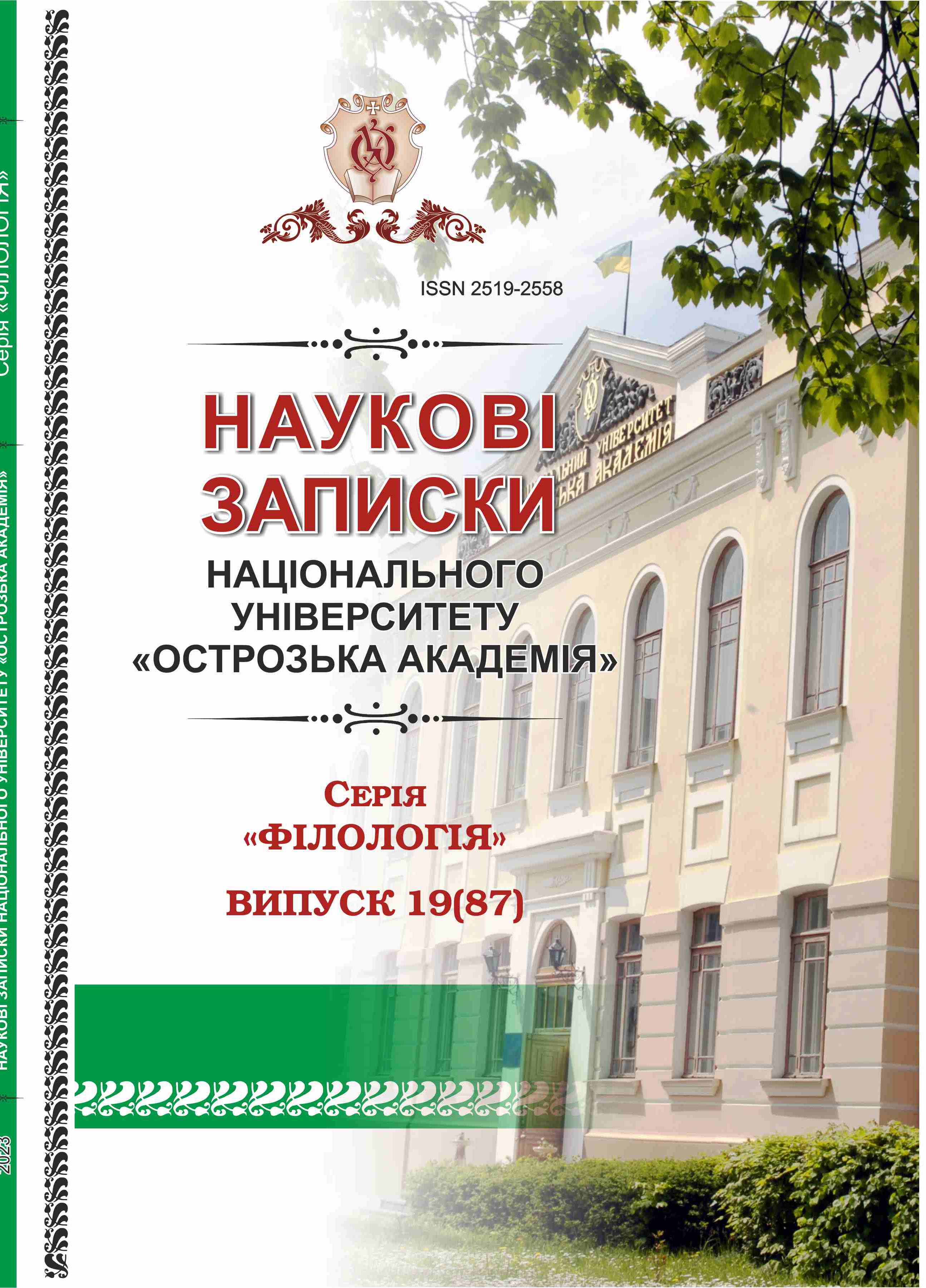COMMUNICATIVE AND PRAGMATIC MEANING OF THE CONDITIONAL IN THE FRENCH-SPEAKING PRESS
Keywords:
conditional, speech act, communicative-pragmatic meaning, journalistic styleAbstract
The analysis of the communicative and pragmatic meaning of the conditional within the framework of the speech act theory was carried out on the basis of the following French-language publications: Le monde, Le Figaro, Madame Figaro, France 24, La presse, Ministère de la Culture, Psychologies.
Considering the variety of existing classifications of speech acts, our research is based on T. Vrabel's taxonomy, which distinguishes representative, directive, descriptive, interrogative, commissive, implicator and their subtypes.
It was established that one verb in the form of the conditional is not enough to determine the type of illocutionary purpose of a speech act, which made it necessary to take into account the broad context of the statement.
Considering communicative situation comprehensively, it was found that the conditional in combination with other linguistic means is involved in the implementation of the following types of speech acts: representatives, implicators, directives, interrogatives, commissives and descriptives (in descending order).
The difference between speech acts lies in different quantitative and qualitative representation of their varieties. It is worth noting that the language of the press is quantitatively dominated by representations, which is dictated by the dominant characteristic features of this style, namely informing, persuasion and argumentation. In addition, the frequent use of the conditional in this speech act is explained by forwarding the message in case of lack of confidence in the reliability of the information. The results of the study allow us to state that certain subtypes of speech acts are absent in the journalistic style, namely: there are no requisitives among the directives; within implicators, no use of ritual speech act and speech act of thanks was found; commissives, in turn, are not represented by a speech act of a personal offer and a speech act of a promise.

